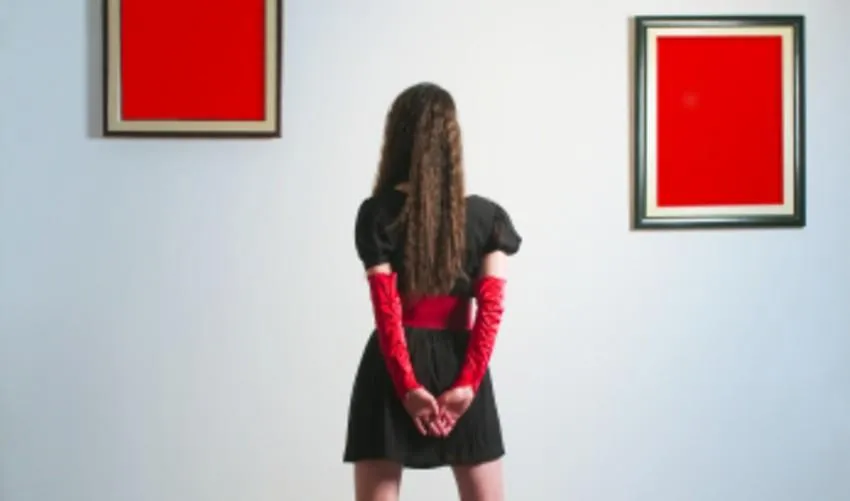
Enhance Attendance, and Forget It
As happened in many other sectors, in the area of management of cultural development the pandemic has accelerated some of the ideas already underway, and even enriched them to some extent with new elements. In his role as President and Director of the Palazzo Te Foundation, Stefano Baia Curioni, Professor of Economic History, has a paradigmatic experience, having gone through very different phases, from the opulence of Mantua, Capital of Culture 2016, to the current depopulation. In the study What awaits us? Notes on the management of culture and on the cultural development after the pandemic, written with Stefania Gerevini and published in Il capitale culturale, the teacher summarized a part of his analysis around the theme of presence.
"As cultural institutions, we were thinking about how to learn to value it", the Professor begins. "For a long time, in fact, the public of an exhibition or museum has been managed as an indistinct flow, a river to be channeled into the visitor paths, focusing all attention on the collections, objects or architecture. Today the world suggests to us that we must invent a new curatorship, capable of creating true and ongoing relationships with visitors, paying attention to every moment, from the purchase of a ticket to the hospitality of the dining room staff. It is a change that requires not only a new allocation of priorities, but also a revision in the allocation of resources and in the selection of professionals ."
The pandemic has not erased this need but has added one of the opposite kind: how is culture done at a distance, that is, when it is necessary to avoid presence? "In Mantua, in 2020, we made 80 video productions, starting from 0 the previous year," exemplifies Baia Curioni. "It was a way to start learning a competency we didn't have. Of course, no cultural institution has such a budget that it can afford large productions, but it can be the beginning of something new."
The other way forward is to rally the territory by creating new relationship formats, agreements with public transport, constant relationships with schools, links with the production system. "We need to apply an all- around action to become catalysts of all the sources of intelligence present in the area, strengthening the link between culture and economic development, because this is what drives business, and tourism is a consequence of it," confirms Baia Curioni. "This is what I am trying to do, for example, with Bergamo-Brescia Capital of Culture 2023: two cities that, after all they have been through, promise to grow together by investing in the extraordinary collective intelligence of their social, cultural and industrial fabric."
CLICK HERE to visit the COVID Crisis Lab website